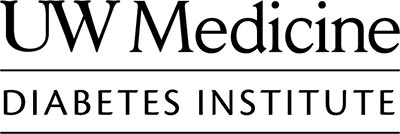The Kim laboratory focuses on nitric oxide (NO), a crucial molecule involved in maintaining vascular homeostasis. Patients with obesity or diabetes are known to have reduced levels of nitric oxide levels in their blood vessels and the consequence for reduced in nitric oxide levels effects these patients in two ways.
First, it is well established that a deficiency in nitric oxide bioavailability increases the risk of vascular disease such as atherosclerosis and we are interested in the molecular mechanisms by which excess nutrition (increased dietary fat) results in reduced NO levels. By understanding these mechanisms we may be able to reverse or restore NO levels in patients with obesity or diabetes, thus preventing vascular complications.
Second, a reduction of NO may actually increase the risk of developing diabetes in patients with obesity. Several years ago our lab made the observation that endothelial nitric oxide levels fall well before the onset of insulin resistance or diabetes and we have begun investigations to examine whether strategies to increase nitric oxide levels could delay or attenuate the development of diabetes. We have shown that pharmacologic strategies utilizing phosphodiesterase inhibitors can improve insulin sensitivity and reduce fat accumulation in the liver. Current research efforts are aimed at determining the molecular mechanisms by which nitric oxide may improve insulin sensitivity.
Our work is or has been funded by the National Institute of Diabetes and Digestive and Kidney Diseases, National Heart Lung and Blood Institute, the John Locke Foundation, and an endowment from the Kenneth Cooper Professorship.
Contact Us
UW Medicine Diabetes Institute
South Lake Union Campus
750 Republican Street, Box 358062
Seattle, WA 98109
Phone: (206) 892-5217
